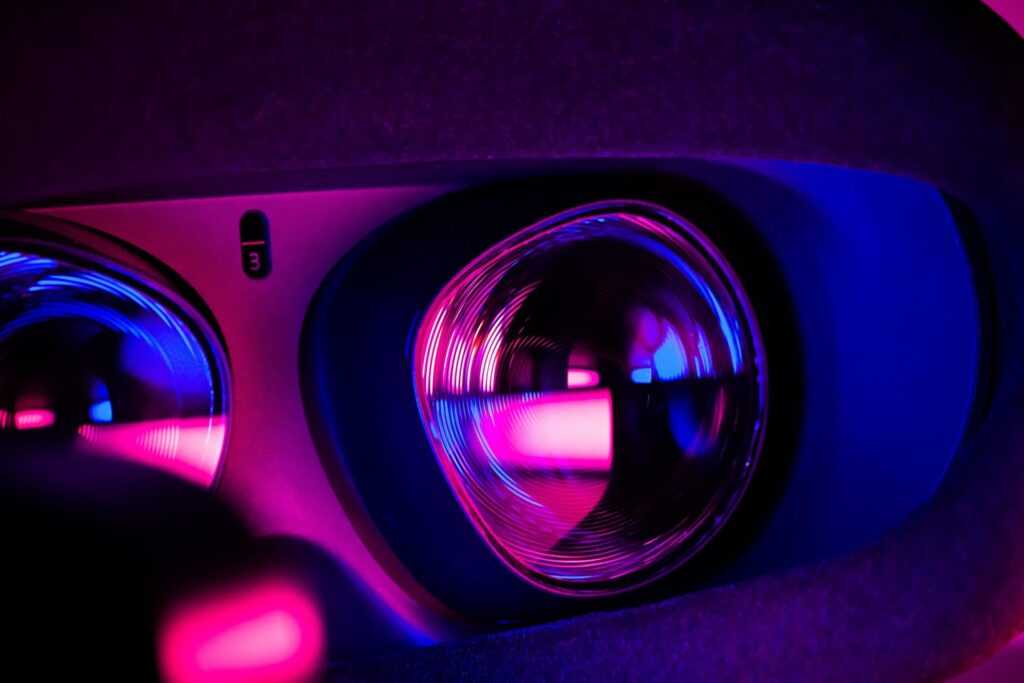Introduction
Meta, the tech company formerly known as Facebook Reality Labs, recently unveiled its roadmap for AR/VR hardware development over the next four years. This roadmap provides an exciting glimpse into the future of augmented and virtual reality technology, and the potential impact that these technologies could have on our daily lives.
In this article, we’ll take a closer look at Meta’s AR/VR hardware roadmap, what it means for the tech industry, and how these technologies could shape our future.
Meta’s AR/VR Hardware Roadmap
According to Meta’s roadmap, the company plans to release a new AR/VR headset every year for the next four years. The first of these headsets, the Meta Quest, is set to launch in 2022. The Meta Quest is a standalone VR headset that is designed to be both affordable and easy to use.
In 2023, Meta plans to release the Meta Quest Pro, which will be a more advanced version of the Meta Quest. The Meta Quest Pro will feature improved graphics and performance, as well as more advanced tracking and input capabilities.
In 2024, Meta plans to release its first AR headset, the Meta AR. The Meta AR will be a lightweight headset that is designed to be worn throughout the day, and will be capable of displaying virtual objects in the real world.
Finally, in 2025, Meta plans to release the Meta AR Pro, which will be a more advanced version of the Meta AR. The Meta AR Pro will feature improved performance and capabilities, and will be designed for use in a wide range of applications, from gaming and entertainment to education and enterprise.
What This Means for the Tech Industry
Meta’s AR/VR hardware roadmap represents a significant development for the tech industry. By outlining its plans for the next four years, Meta is providing a clear vision for the future of AR/VR technology, and is helping to shape the direction of the industry as a whole.
In addition, Meta’s focus on affordability and ease of use is an important step forward for AR/VR technology. By making these technologies more accessible to a wider range of users, Meta is helping to drive adoption and innovation in the industry.
Furthermore, Meta’s emphasis on AR technology is particularly noteworthy. AR technology has the potential to revolutionize the way we interact with the world around us, and could have a significant impact on a wide range of industries, from gaming and entertainment to education and healthcare.
The Future of AR/VR Technology
Meta’s AR/VR hardware roadmap provides an exciting glimpse into the future of AR/VR technology. Over the next four years, we can expect to see significant advancements in both VR and AR technology, as well as new applications and use cases for these technologies.
In particular, the emergence of AR technology could have a transformative impact on our daily lives. AR technology has the potential to provide us with new ways of interacting with the world around us, and could enable us to access and display information in real-time, in a way that was previously impossible.
For example, AR technology could be used to enhance the shopping experience by enabling customers to see virtual products in the real world, or to provide surgeons with real-time information and guidance during complex procedures.
Conclusion
Meta’s AR/VR hardware roadmap provides an exciting glimpse into the future of augmented and virtual reality technology. Over the next four years, we can expect to see significant advancements in both VR and AR technology, as well as new applications and use cases for these technologies.
As these technologies continue to evolve, they will become increasingly important in a wide range of industries, from gaming and entertainment to education and healthcare. By providing a clear vision





More Stories
Why Apple is Switching from Lightning to USB-C on the iPhone
What You Need to Know About Wi-Fi 6 and Its Speed Benefits
Quantum Computing: How It Works and What It Means